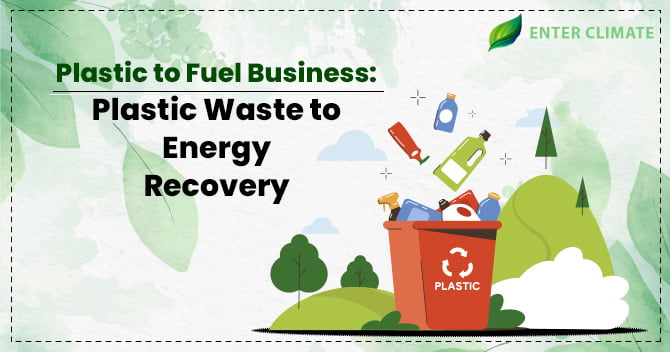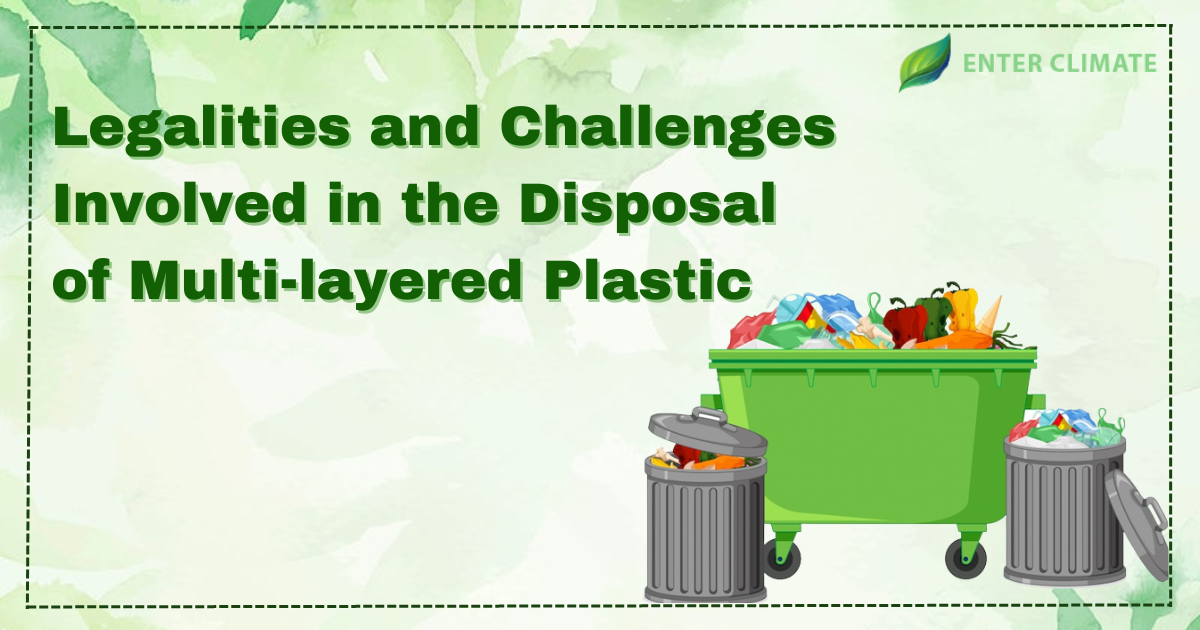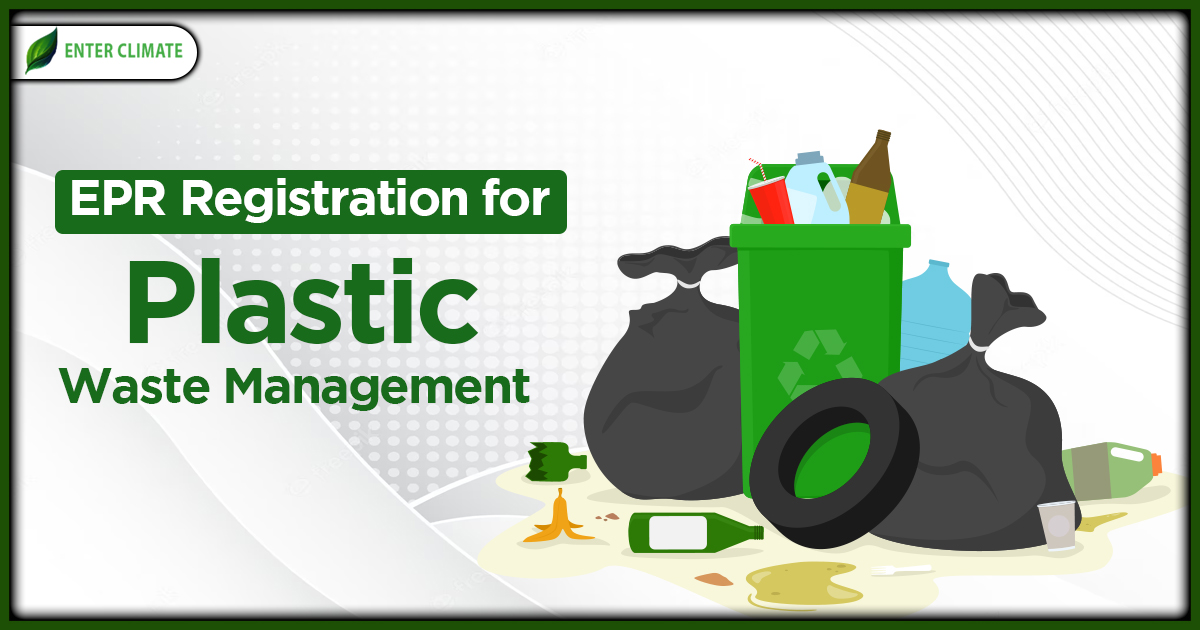Plastic to Fuel Business: Plastic Waste to Energy Recovery
 20 Jul, 2022
20 Jul, 2022 
It may sound strange, but plastic waste can be converted into fuel. Several plastic to fuel businesses has already come up in urban India that use incineration and RDF-based combustion technologies such as pyrolysis and gasification to produce fuel from plastic. Plastic to Fuel Business is gradually becoming a lucrative business option in the plastic waste processing sector. And one should not be sceptical about the quality of such fuel as it is in high demand too. Fuel made out of waste plastic is being used as a source of energy in industries (as fuel oil and diesel), as solid briquettes for burning and combustible gases. Many developed countries have developed innovative waste conversion techniques and have successfully implemented plastic-to-fuel conversion business models within their recycling industries. Such businesses have the government’s support, too, in the form of land and tax incentives, which turn them into profitable businesses. Countries like Japan, Germany, and the USA have successfully implemented the plastic-to-fuel conversion process. In the Indian recycling sector, new businesses and the existing recycling units are also working on adopting plastic to fuel business models. Technological breakthroughs have recently been made in Waste-to-Energy conversion techniques like Pyrolysis and Plasma gasification.
The science behind the Energy Recovery
As we know, new plastic is made from crude oil and other organic materials. Plastics are made up of polymeric resin mixed with other substances called additives. One of the fractions obtained from the fractional distillation of crude oil, i.e. Naptha, is used in producing virgin plastic. So in simple terms, the polymerisation of organic monomers containing carbon atoms forms plastic. For example, polymerisation of ethylene gives polyethene (i.e. PE plastic) like HDPE and LDPE, while polymerisation[1] of propylene gives polypropylene (i.e. PP Plastic). Fuel Oil or pyrolysis oil is, therefore, the primary by-product of waste plastic’s thermal or chemical decomposition along with carbon black and combustible gases.
Who can start Plastic to Fuel Business
To start a plastic fuel business, the primary requirements like a solid business plan, land requirement and market research must be taken care of. After that, the person will need to set up a plastic-to-oil pyrolysis plant to convert the waste plastic into pyrolysis oil. The preferred technology nowadays is fast or flash pyrolysis, done at high temperatures. Any person can start a plastic-to-fuel business regardless of his professional experience. Taking care of the legal requirements can be challenging and therefore require guidance from experts in the field. A plastic-to-fuel business will need the following authorisation and licences to start its operation.
- Business Registration/Incorporation Certificate.
- Factory license
- GST Registration
- Consent NOC from concerned SPCB/PCC
- EPR Authorization from CPCB (as per the 2022 Amendments in the PWM Rules)
- Fire NOC
Opportunities in Waste to Energy Business
The plastic fuel business is not limited to the production of pyrolysis oil. The following opportunities can be explored depending on the availability of infrastructure and technology.
Pyrolysis Oil from plastic waste: Pyrolysis of plastic waste to make oil is done by feeding the plastic scraps into a pyrolysis reactor and heating the reactor. When the temperature reaches 160 ℃, oil and combustible gases are generated.
Pyrolysis oil to diesel: This technique distils the fuel oil further into diesel. The process involves heating the plastic oil in a distillation reactor. The oil gas goes through the fractionating tower and then into the oil condenser to be liquefied into diesel.
Collection, separation and Shredding: a raw material sourcing business for pyrolysis oil can be started with the Plastic to Fuel Business by including collection, separation and shredding infrastructure along with plastic waste processing. In his way, one can further maximise the profits of the plastic to fuel business.
Advantages of Plastic to Fuel Business
In the following sections, we have illustrated some of the many benefits of plastic to fuel business for the environment and for the business involved.
Low Cost: Pyrolysis oil and diesel fuel are cheaper than their petroleum counterparts.
Availability: India is heavily dependent on the import of crude oil. Alternatives like pyrolysis oil and diesel made out of waste plastic will surely be in demand in the times of increasing oil prices in the international market.
Alternatives to fossil fuels: Waste-to-energy businesses are desirable from a sustainability point of view also as the energy is obtained from disposing of non-biodegradable materials. Also, all plastic fuels can be burned with a lower carbon footprint than fossil fuels.
Easy availability of Raw material: Plastic waste is and will always be available in abundance. Adding to this, the fact that there are already available technologies in the form of complete pyrolysis units readily available in the domestic and international market, many choices based on the available capital, required capacity and the degree of refining desired are readily available.
Conclusion
Besides energy recovery, a plastic to fuel business also helps in reducing the amount of plastic waste that would have got buried in landfills. On one hand, such businesses provide alternative energy sources, which is the need of the hour, on the other hand, they also provide innovative means to tackle the plastic menace. The government of India has also tried to formalise this sector by bringing plastic waste processors under the ambit of Extended Producer Responsibility. This step will strengthen the role of waste to energy processing units in the waste management sector. The social and economic benefits of any innovative energy production approach are also appraised by the government and society. It cannot easily be quantified in monetary terms. This sector has the potential to bring actual change in the field of environmental preservation and provide financial returns in the process, a combination rarely seen.
Read our Article:Single-Use Plastic Ban in India – Meaning and Implications













